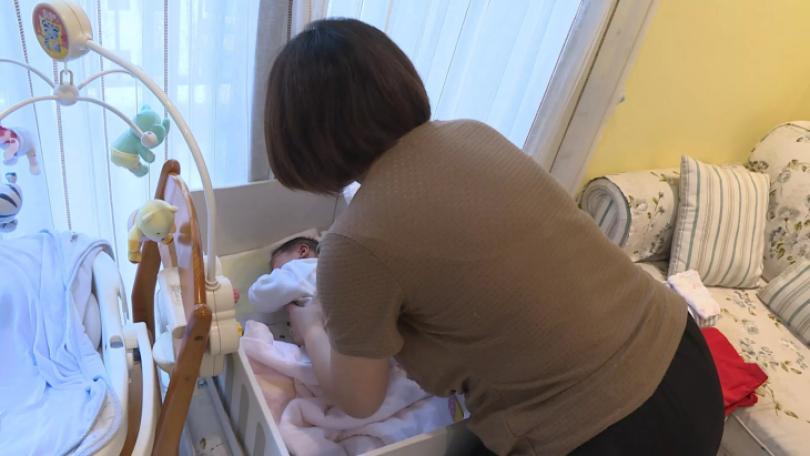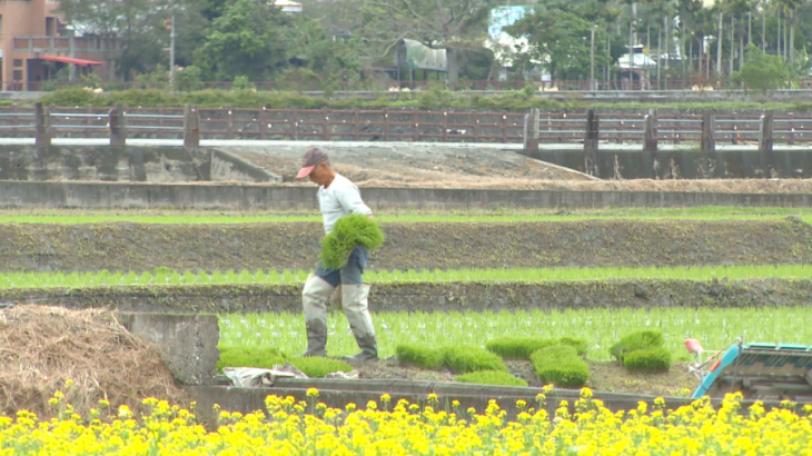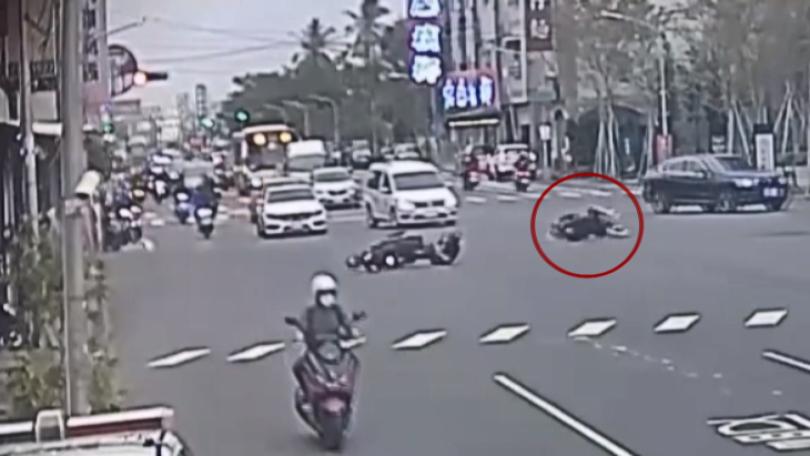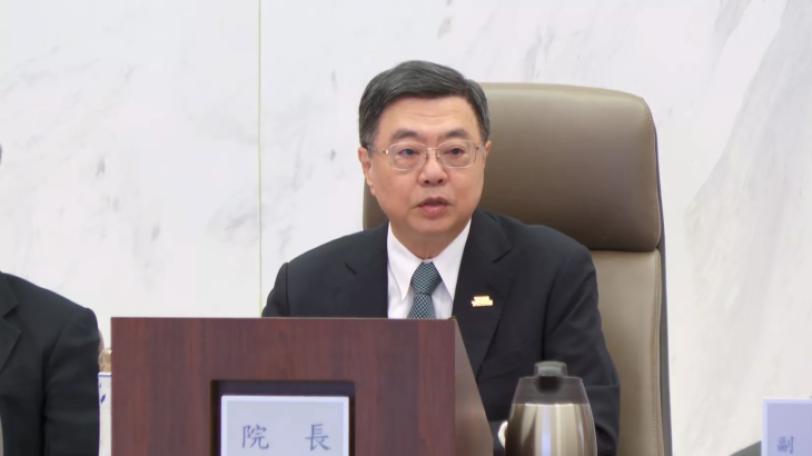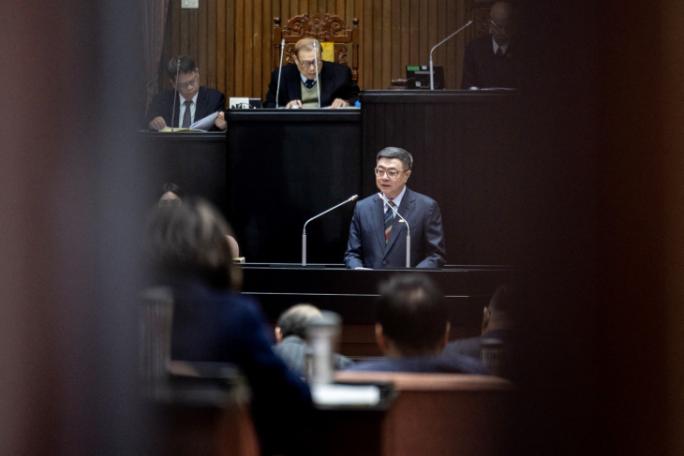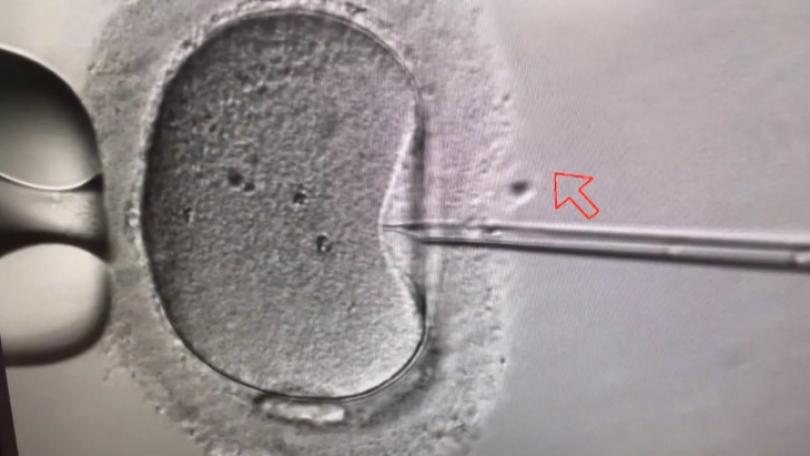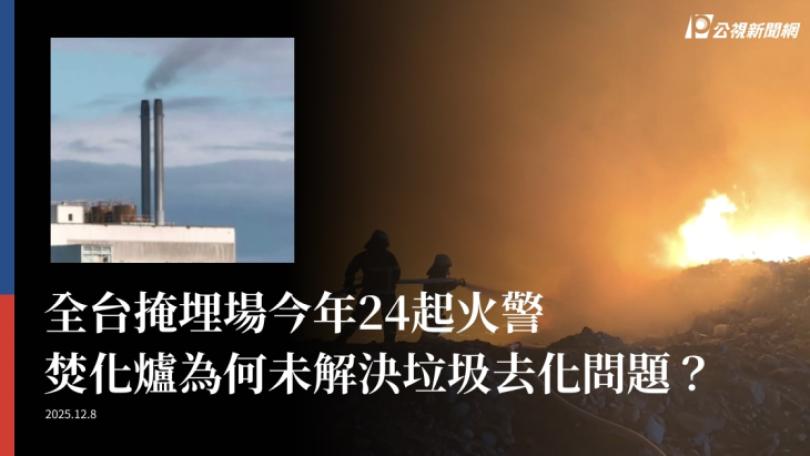MOE Explains Changes to University President Selection|國立大學校長遴選修法 外界稱"管中閔條款"

發布時間:
更新時間:
The Ministry of Education recently provided advance notice of changes to the regulations governing the organization and workings of university presidential selection commissions. It is generally believed that these changes are a response to the National Taiwan University presidential appointment controversy, and some have taken to calling them the "Kuan Chung-ming clauses" after the NTU president.
The Ministry of Education recently announced changes to the regulations governing the organization and workings of university presidential selection commissions. A limit of two terms has been placed on commission members, and a selection commission can be disbanded by a university affairs committee if it fails to carry out its duties or cannot resolve selection disputes within a three-month period. These changes generated controversy after the announcement. Education Minister Pan Wen-chung says the major premise for the amendments was university autonomy.
Making the processes public, making information transparent, and avoiding conflicts of interest are all issues that are controversial. We wanted to return to the premise of university autonomy to allow schools to resolve disputes in the event that selection commissions face controversies or related situations.
The minister added that the authority to disband presidential selection commissions has been given to university affairs committees, and the ministry will not interfere. The next step is to gather the opinions of universities. National Cheng Kung University Secretary-General Lee Ching-chang says his school established a task force to study changes to regulations last year and is preparing to amend the presidential selection method. However, as the overarching principles remain indeterminate, progress has come to a halt.
The premise is that there is a dispute in the presidential selection commission. At that time, we would probably follow the Ministry of Education's amendment direction to conduct some research.
National Taiwan University Secretary-General Sun Hsiao-chih also responded to the amendments, issuing a statement that said the amendments can be accepted in general terms, and the most important parts are the detailed regulations on how the relationships between selection commission members and candidates should be disclosed and the specific course of action and mechanism on how to prevent conflicts of interest for commission members. However, as the amendments are too detailed, they may be overkill. Nevertheless, once the changes take effect, there will be a concrete legal and administrative basis for the selection of university presidents.
校長遴委只能連任一次,遴委會怠於執行任務或三個月內無法處理爭端,校務會議議決後解散,教育部再度預告國立大學校長遴委會組織及運作辦法修正草案,引起爭議!部長潘文忠表示,修法最大前提還是大學自主。
教育部長 潘文忠表示:「其實程序公開資訊透明這件事情,還有利益迴避,是引發不少爭議的點,那對於遴選委員會,一旦有一些爭議等等,相關的這些情形,其實也希望回歸到,是由學校自主的這個前提去做解決。」
賦予校務會議解散校長遴委會權限,潘文忠強調,教育部不會插手,接下來會再聽取大學意見。成大主秘李俊璋則指出,成大去年成立法制研修小組,準備修訂校長遴選辦法,就是因為大原則遲未確定,因而停滯。
成大主秘 李俊璋表示:「這個前提是校長遴選委員會有發生爭執,這個時候我們大概會,依照教育部的修法的方向,去做一些研議啦!」
對教育部修法,台大由主秘孫效智首度發出文字回應,孫效智指出,修正草案大體上可以接受,最重要的是遴選委員及候選人之間應揭露關係的詳細規定,以及遴選委員迴避的具體作法與機制。不過規定過於細瑣,有矯枉過正之嫌,但遴選辦法生效,讓國立大學未來的校長遴選,有具體的依法行政基礎。

